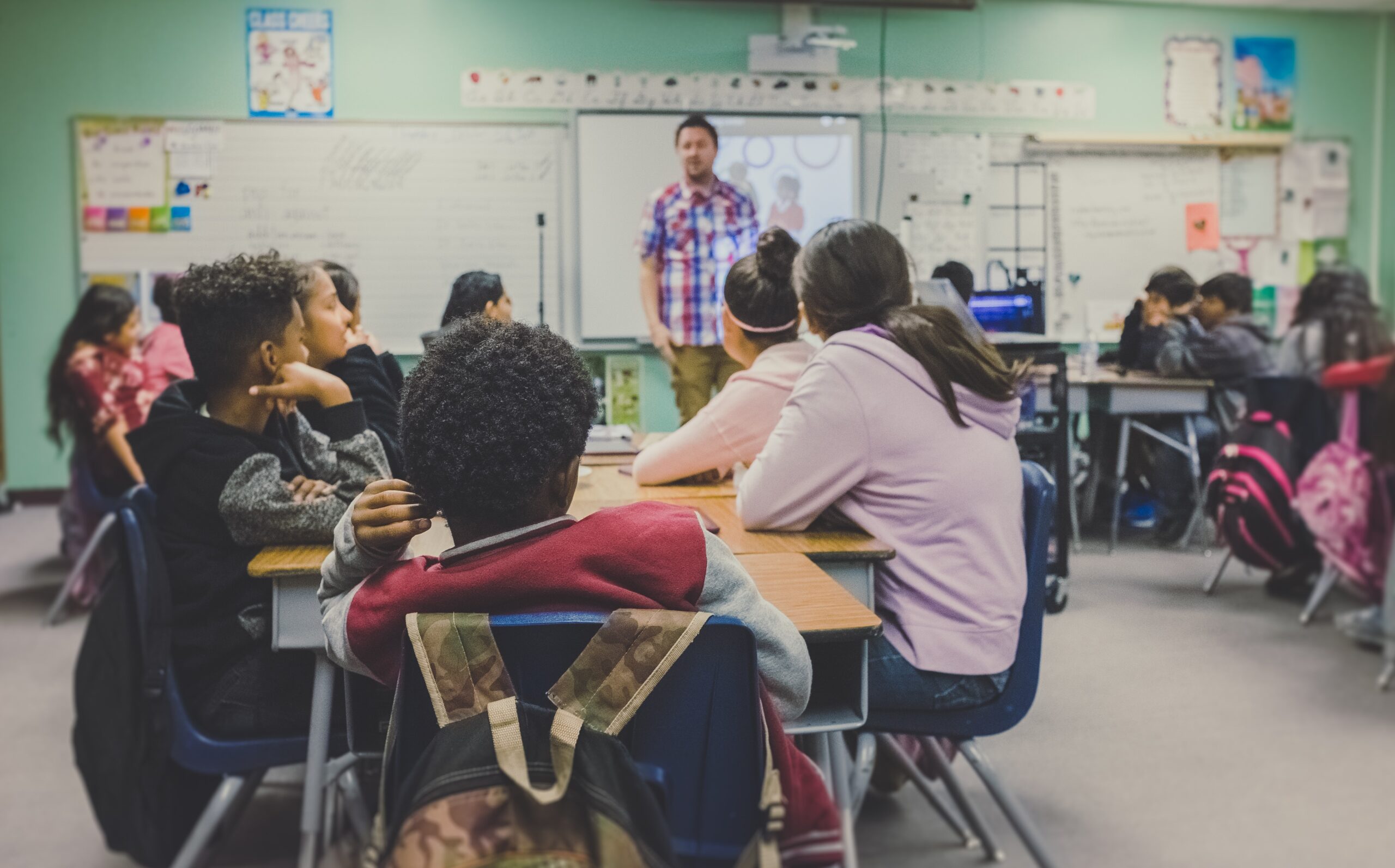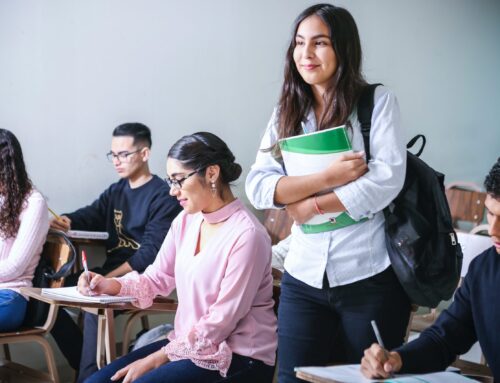The full impact of COVID-19 is still uncertain. As we continue in this new normal, research into the effects of lockdown, as well as the long term implications of COVID on our health, is still it’s infancy.
The impact we can see on mental health, especially in young people, is staggering. A reported 31% of young people have no longer been able to access much needed support through government and school services, and with 50% of all mental health problems starting at the age of 14, there are concerns that repercussions of the pandemic will cause these percentages to be worse in later generations.
Early intervention is crucial in lessening the long term impact of this pandemic. With benefits including a reduced risk of relapse, improved recovery and less disruption to their work and home life.
How has the pandemic affected young people’s mental health
Coined as a potential global catastrophe, the general public’s response to quarantine has seemingly leaked through to their lives as lockdown has eased. With individuals presenting new emotional disorders like insomnia, anger, frustration and irritability.
At a fundamental point of their lives, in addition to the frustration the world is currently experiencing, young people are having to endure a pandemic, education, social instability and future life prospects.
Researchers have demonstrated the mental health impact of COVID-19 was significantly greater in young adults, strongly associated with increased loneliness and lower positive mood. Loneliness also seems to impact our central nervous system, meaning those who are lonely have lower immune systems, and are therefore more at risk of getting ill physically as well as mentally.
In a recent appeal for additional volunteers, Childline said young people frequently expressed their feelings of low mood, self-esteem, depression and anxiety, as well as loneliness. This continued increase in a need for mental health support will no doubt impact government and not-for-profit resources, which are already in short supply. It is therefore necessary for us all to step up and support one another as we progress into normality.
Early intervention strategies for mental health
Young people are 10 times more likely to access therapy through their schools, however it’s reported 85% of secondary school teachers identified have experienced many barriers in being able to provide sufficient mental health support.
Our purpose is to support schools and service professionals to break down those barriers, and provide them with the expertise required for effective early intervention. Early intervention is the most suitable course of action for young people, as it is specifically built for those with early signs or non-psychotic disorders, who require support.
Strategies for supporting young people beyond the pandemic:
Set up an early intervention policy – Early intervention policies are the first step in our commitment to supporting young people’s mental health. There are many routes these policies can take such as; home visits for vulnerable parents, identifying what to look out for in pupils (bereavement, family issues, poverty, etc) and putting procedures in place for when you believe a child is at risk.
Promote mindfulness based interventions – Mindfulness is all about being in the present moment, and with so much happening in the world around us, finding time to enjoy the here and now is crucial.
Some students have experienced anxiety and panic attacks from use of face masks. This could be due to many reasons, from generalised anxiety disorder to claustrophobia. Websites like Mind offer breathing exercises to support students through this difficult time.
Encourage outdoor activities – Physical fitness is known to improve not just our physical health, but our mental health, too. In addition to physical education, consider whether classes can encourage students to step away from their seats and work outdoors.
Group participation in extracurriculars from dance to football are not only good for our physical fitness, but can also encourage inclusion and togetherness.
Educate on the importance of healthy social media usage – As young people have had to enhance their use of social media through the pandemic, the boundaries of social norms can feel blurred. It is therefore important to encourage healthy use of the medium.
Encourage young people to understand the impact of their phone use. ‘Social snacking’ i.e. scrolling through apps like Instagram, has been found to increase the feeling of loneliness. However, we also know from experience that in the last year this has been a main source for communication for many. Be understanding.
Create a culture of open communication – A crucial method for bettering the health of young people is to provide them with the space and permission to share their thoughts. Combating social stigma through group conversations and mental health teaching for our students, parents and teachers, is the first step to normalising mental illness.
Some schools recommend online communities like https://www.kooth.com/, which provide mental health support through discussion boards and helpful articles, as well as a space to journal your mental health journey.
Support staff mental health – This has been a difficult time for everyone, your staff included. To truly lead from the front, we need to prioritise our own mental health before supporting others. Ensure staff wellbeing policies are also a priority, and give permission for them to express their frustrations and concern too. Put into practice what you want for your students.
Get in touch to find out how we can help your school with early intervention.




